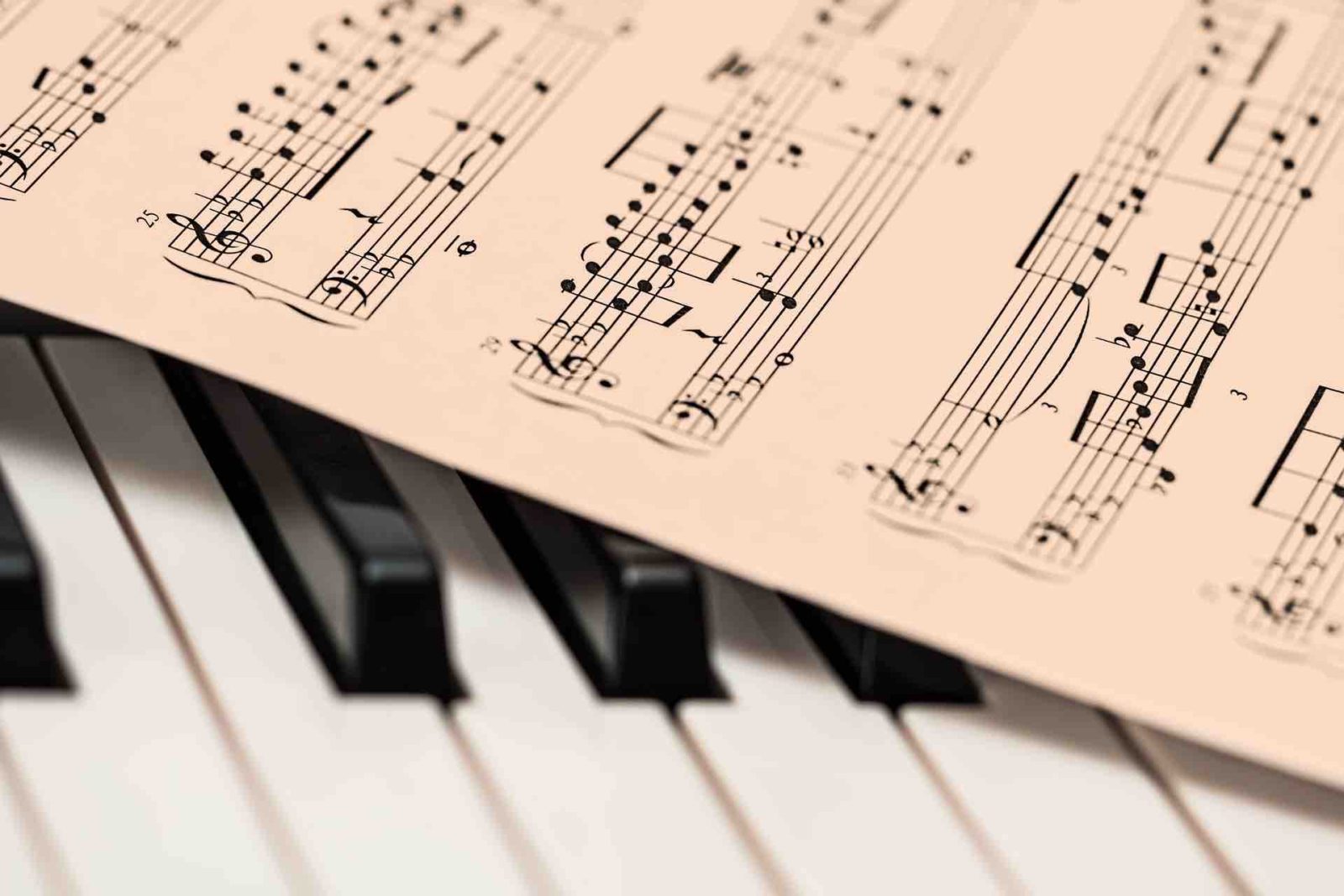
I only knew two dozen words of Arabic when I went to Egypt with an Arabic-speaking friend, who we’ll call “John.” We were at a restaurant in Cairo and the server said something to John in Arabic. As John turned to me to translate, I said, “They’re out of this dish, but happy to bring something else.” Stunned, John asked, “How did you know?”
It was the tone the server used—at first, apologetic, then as if he were offering a replacement as consolation.
On this same trip, we also spent time in Tanzania with John’s wife, a native Tanzanian who we’ll call “Jane.” On one occasion, Jane flew into a rage upon overhearing and misinterpreting John’s comment to me about her family friend.
First of all, John had been speaking to me, not her. More importantly, Jane had missed the big picture of the story in its entirety and focused on this one trivial detail. Taken in the context of the whole story, this remark was insignificant.
Later on, the family friend stopped by and Jane spoke to him in Swahili in front of John and me. Though I only knew two dozen words in Swahili, I understood Mwamerikani (American) and her loud and angry tone. It was inescapably obvious to me that Jane was furiously recounting John’s remark through her negative framing. I felt sad that Jane’s unsolicited misinterpretation of John’s communication with me had caused unnecessary suffering for all of us.
Learn American English Music
Spoken American English sounds like music. The voice goes up and down in tone, just as melodic as music.
“Would you like roses or tulips?” asked with a rising question tone, implies “Would you like any of these flowers?” Consequently, the answer is expected to be either yes or no.
In contrast, the meaning changes when asked with a rising question tone leading up to “roses” then falling with “tulips.” The underlying question here is, “Choose one, roses OR tulips.”

Don't Ask, Do Tell
We lived abroad when I was in third grade. My Buddhist parents sent me to an international Catholic school. The academics were rigorous and the nuns were strict. The nuns would ask a question such as: “What’s ten times ten?” In response, one had to say the answer with conviction: “One hundred!” Though I’ve never served in the military, I imagine it was like a soldier answering his/her superior officer—“Yes, Captain!”
The following school year, we moved back to the U.S., and California in particular. The best school in the area happened to be public. At my new school, the teacher would ask a question such as: “What’s ten times ten?” Well, just about all the 4th grade girls would respond as if they were asking a question: “One hundred?”
I had come from a school where the nuns would hit you with a ruler or at the very least, give you a severe tongue lashing for not answering with certainty. So I was trained to answer questions as statements, not questions. This made me unpopular with the California girls, who mistook my confident tone as arrogance. I soon learned to imitate their questioning tone, in order to fit in with the group.
Uptalk Girls
Nowadays, there is a term for speaking with that kind of rising intonation—uptalk. Professionals who uptalk sabotage their career success and aren’t perceived as capable leaders. Why? Because uptalking makes you sound like a 4th grade girl!
Imagine a manager who is asked, “What’s the launch date of project X?” and responds with, “December 5th?” That questioning tone implies that the manager doesn’t know or is unsure of the launch date, and is incompetent.
More women uptalk than men. Younger people tend to uptalk more than older people. A higher percentage of entry-level workers uptalk, compared to executive leadership. In terms of power dynamics, this makes sense.
(Interesting study on uptalk involving gender differences and Jeopardy!)
English Pronunciation: When to Stress
In addition to the sentence melody, American English music stresses certain syllables in words and certain words in a sentence. The words emphasized in a sentence are called content words and include nouns, action verbs, adjectives, and adverbs. Meanwhile, we downplay function words—the small words such as articles, pronouns, conjunctions, and prepositions, that are grammatically correct. This is analogous to the shortcuts used in text messages, such as “Going home” instead of “I am going home.”
An exception to the content word stress rule is emphasizing non-action verbs in the negative, e.g. “I CAN’T do it.” To stress the positive form would be, “I can DO it.” Several of my ESL students have said, “I CAN do it,” because it seemed important to highlight “can.” Yet they were puzzled when their American colleagues or friends thought they said they couldn’t. One frustrated ESL student stopped using the contraction “can’t” altogether and would say, “cannot” instead.
If you’ve never experienced this phenomenon, try stressing “can” when you’re talking to Americans and see how they hear it. This word stress rule is ingrained in American English speakers and most of us aren’t even cognizant of it!

Pauses in Music
Similar to music, spoken American English uses pauses to delineate thought groups. Punctuation such as commas and periods are comparable to rest symbols in music.
Read this out loud, making sure to pause where there is a comma:
Mike said, “My father is stopping by.”
This means Mike’s father is stopping by.
Now read this:
“Mike,” said my father, “is stopping by.”
This means Mike is stopping by.
See how the meaning changes depending on where the pause/ comma is?
Differences in English Accents and Music
Many who were born in India grew up speaking English, yet have problems being understood by Americans. This is because the music of their English is different. Indians tend to speak English quickly without pauses to match thought groups. Furthermore, they speak English with a uniform, repetitive melody that doesn’t emphasize content words. For Americans, this is like listening to a song that has been sped up to a distorted, superfast rate, Chipmunk-style.
For my Indian students to communicate more effectively in American English, we work on speaking more slowly, organizing thoughts into groups with pauses, and accenting the word syllables and content words in the American style.
Finale: How to Speak American English
American English is musical and has a distinctive melody and rhythm. The tone of voice can be more important than the words spoken, and can change the meaning of a sentence. Punctuation is comparable to musical rest symbols, signaling how groups of thoughts are organized. A speaker who doesn’t accent the appropriate syllables or content words can be difficult for Americans to understand clearly. If you would like to be able to communicate more effectively with Americans, learn American English music.
Using my background in education, communication, and writing, I offer customized English (ESL) training to international professionals. Find out more about my English (ESL) training or contact me.
